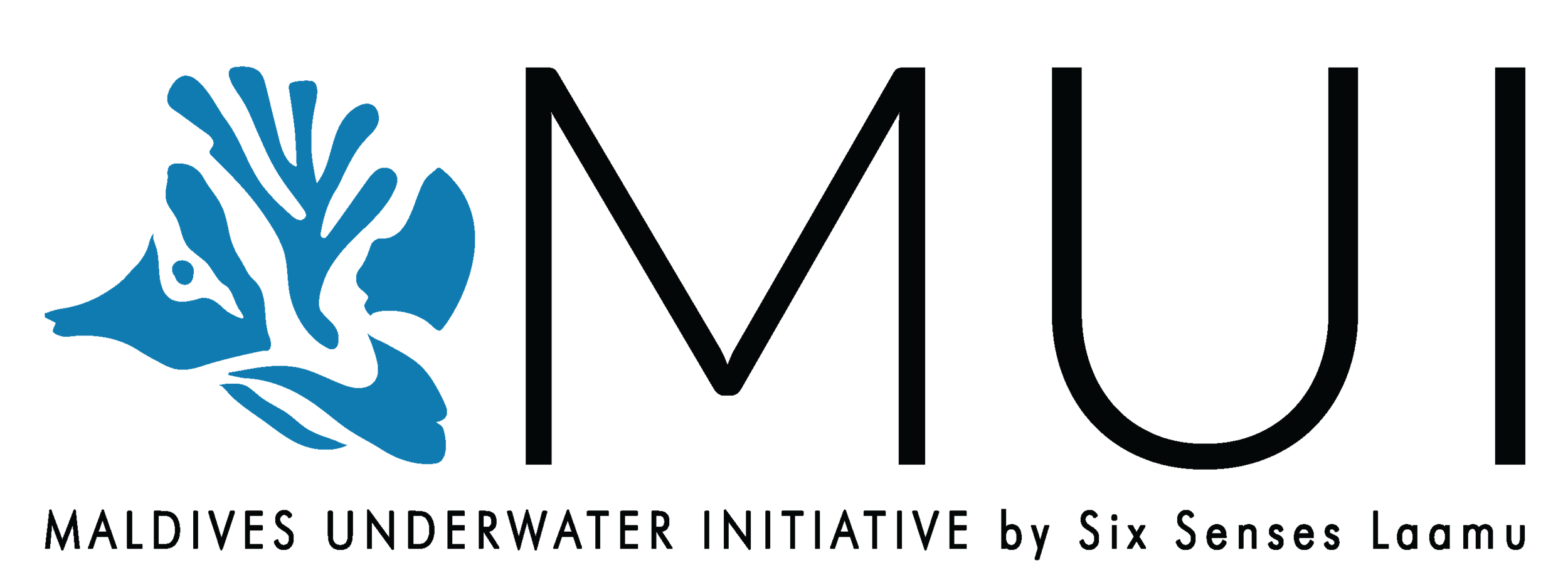MANTA TRUST IS LISTENING TO CLEANING STATIONS
The Manta Trust’s Master’s students Sam and Mischa from the University of Bristol have had their heads in statistical analysis for the last couple of months to get a first insight into the acoustic data collected at Laamu cleaning stations. Under the guidance of Prof. Steve Simpson, they applied mathematical models to a small snapshot of the huge ton of data collected within the last 11 months - and safe to say, this project is already delivering exciting news!
Even from just this first check, they have seen significant differences between the cleaning stations in terms of acoustic complexity, abundance and intensity. This already shows us that the different reefs have their very own ecological and anthropogenic-related differences which is reflected in their acoustic footprint and the characteristics of the surrounding soundscape.
Mantas under surveillance. Photo by Miriam Staiger.
After some more detailed analysis and filtering, essentially removing high frequencies and focussing on fish-vocalizations, they discovered varying levels of acoustic complexity throughout the day. There was high complexity in the morning, dropping off towards midday then suddenly rising again in the evening/dusk (see U-shape in graph). As the complexity reflects the number of sources of sound in a reef, this trend shows us that during the middle of the day fewer fish are vocalizing, potentially as the nocturnal species go to sleep or dive deeper for feeding. This shows us that even a very small sound snapshot of the reef provides us with an abundance of information ready to unpick. The team is now very excited that this project is being extended into Baa Atoll, a much busier area than Laamu Atoll; this will allow us to see whether these patterns and behaviors vary significantly between manta cleaning stations in different areas, as well as understand more about how reef health, time of day, lunar cycles and human activities impact the cleaning stations from an acoustic perspective.
Preliminary results by Sam and Mischa from Bristol University.


